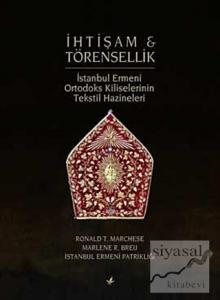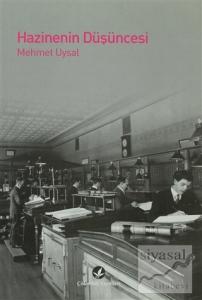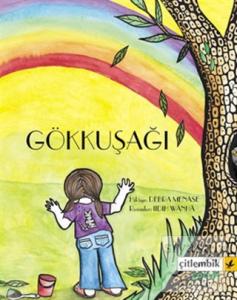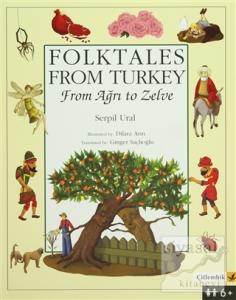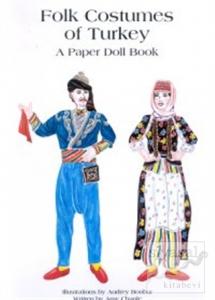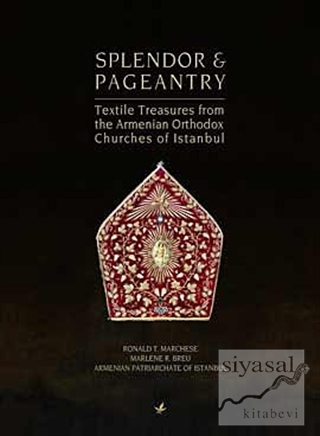
This collection of textile treasures of the Armenian Churches of Istanbul is being introduced to world textile historians and art lovers for the very first time. Like the items the book introduces, the book too is a treasure, not only for textile historians, but anyone cultivating an interest in the culture, art and religious forms of Anatolia and Anatolian Armenians.
Over 170 plates illustrate the textile treasury of the Armenian Patriarchate in Istanbul that have been executed in embroidery, appliqué, techniques of textile printing, and painting.
We are amazed by the love, devotion and unique experiences that women artisans stitched into these pieces, while a closer look leads us to understand that their artistic visions were rooted in, and developed out of, Eastern traditions. The book also provides a brief historical background of the Istanbul Patriarchate and its Istanbul churches, discusses the iconographies of the objects and describes their techniques of production. The reference catalogue is highly useful as a reference for scholars, while the translations of the inscriptions on the pieces open a window to all readers onto the personal lives of the people who contracted and gifted these items to the Church.
This collection of textile treasures of the Armenian Churches of Istanbul is being introduced to world textile historians and art lovers for the very first time. Like the items the book introduces, the book too is a treasure, not only for textile historians, but anyone cultivating an interest in the culture, art and religious forms of Anatolia and Anatolian Armenians.
Over 170 plates illustrate the textile treasury of the Armenian Patriarchate in Istanbul that have been executed in embroidery, appliqué, techniques of textile printing, and painting.
We are amazed by the love, devotion and unique experiences that women artisans stitched into these pieces, while a closer look leads us to understand that their artistic visions were rooted in, and developed out of, Eastern traditions. The book also provides a brief historical background of the Istanbul Patriarchate and its Istanbul churches, discusses the iconographies of the objects and describes their techniques of production. The reference catalogue is highly useful as a reference for scholars, while the translations of the inscriptions on the pieces open a window to all readers onto the personal lives of the people who contracted and gifted these items to the Church.











